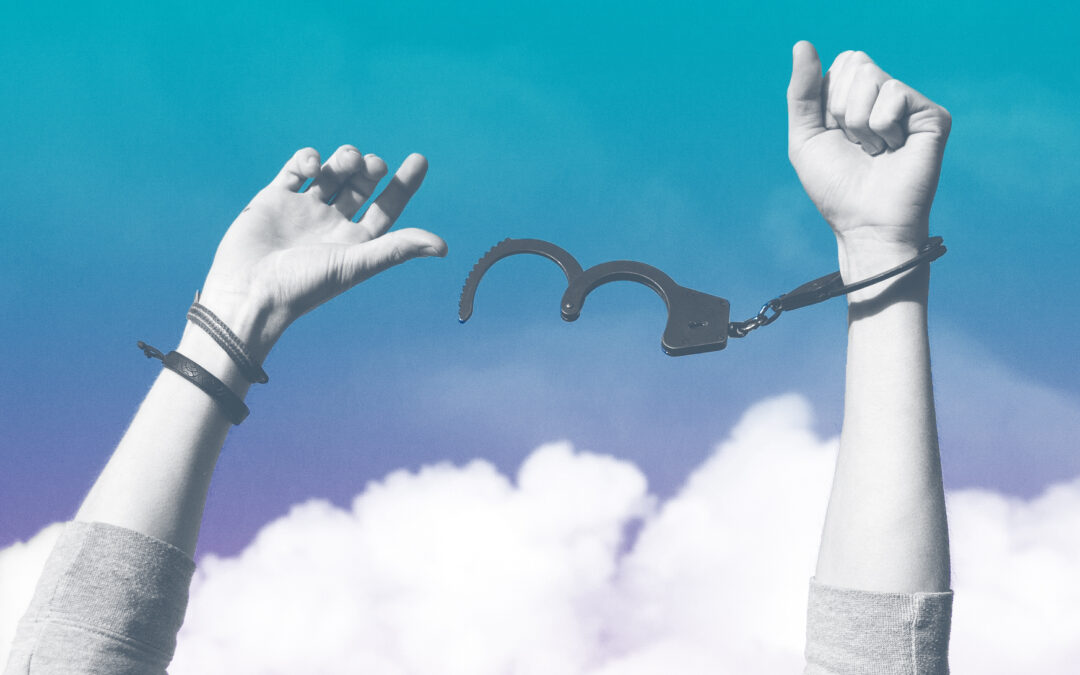There’s Freedom in Accepting Responsibility!
People suffering from addiction are often sick beyond all comprehension. The depths of despair, depression and anxiety are indescribable. The brain of someone in active addiction is not functioning properly. In fact, it is malfunctioning. Areas of the brain responsible for judgment are shut down.
Because of this and other factors, these people cannot see what their actions are doing to them and everyone around them. Suffering addicts often blame everyone and everything else for their worsening consequences.
Rarely are these consequences caused by anything other than their own actions in active addiction. Regardless, these people will blame their parents, their spouses, their friends, their co-workers, their bosses and society at large for their problems.

By Shayne Sundholm, CEO
Desperate to keep using
In active addition, the primitive areas of the brain are running the show, equating using with living and not using with dying. As a result, the addict will do almost anything to keep using. By almost anything, I literally mean “almost anything” – from stealing their grandparents’ wedding rings and selling them, to prostitution and even to murder in the most severe cases.
When someone is in very early recovery and the substances have been removed from their systems, their brains are still maladapted and much deep treatment lies ahead if the individual hopes to successfully recover.
In this state, the “blame game” is alive and well and starts to become a defense mechanism. It is far easier to blame others than look inward at what has really happened. The pain and embarrassment of doing this without professional help and support is often overwhelming. This could result in an immediate relapse in order to lessen the mental and psychological pain.
Addicts can change!
If the suffering addict hopes to get well, it is imperative that they begin to live in reality and not the delusional world created by their active addiction. This involves accepting responsibility for their disease and their actions.
We point out to our clients that there is tremendous freedom in accepting responsibility – and there truly is. In fact, if all their problems were the result of some “global conspiracy” against them, they would have absolutely no hope of recovery. There would be no way for them to change. It is impossible. The good news is that they can change themselves!
If they can change themselves for the better through a strong recovery process, the chance that they will experience the same devastating consequences while in active addiction are dramatically reduced.
Indeed, there is tremendous freedom in accepting responsibility for one’s self. It is alright to have drug and alcohol addiction. It is not alright to have this disease and refuse to take responsibility for treating it.


